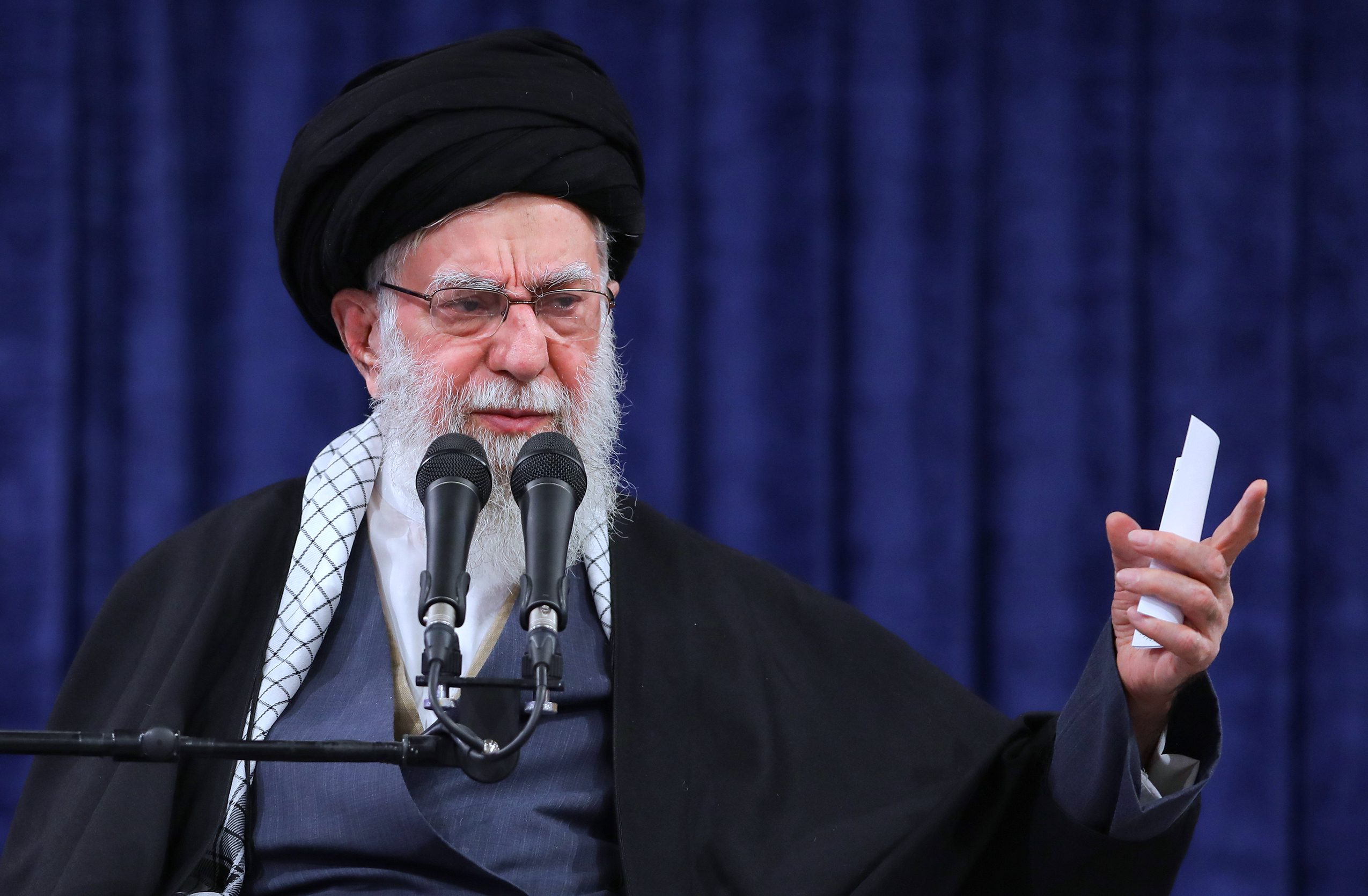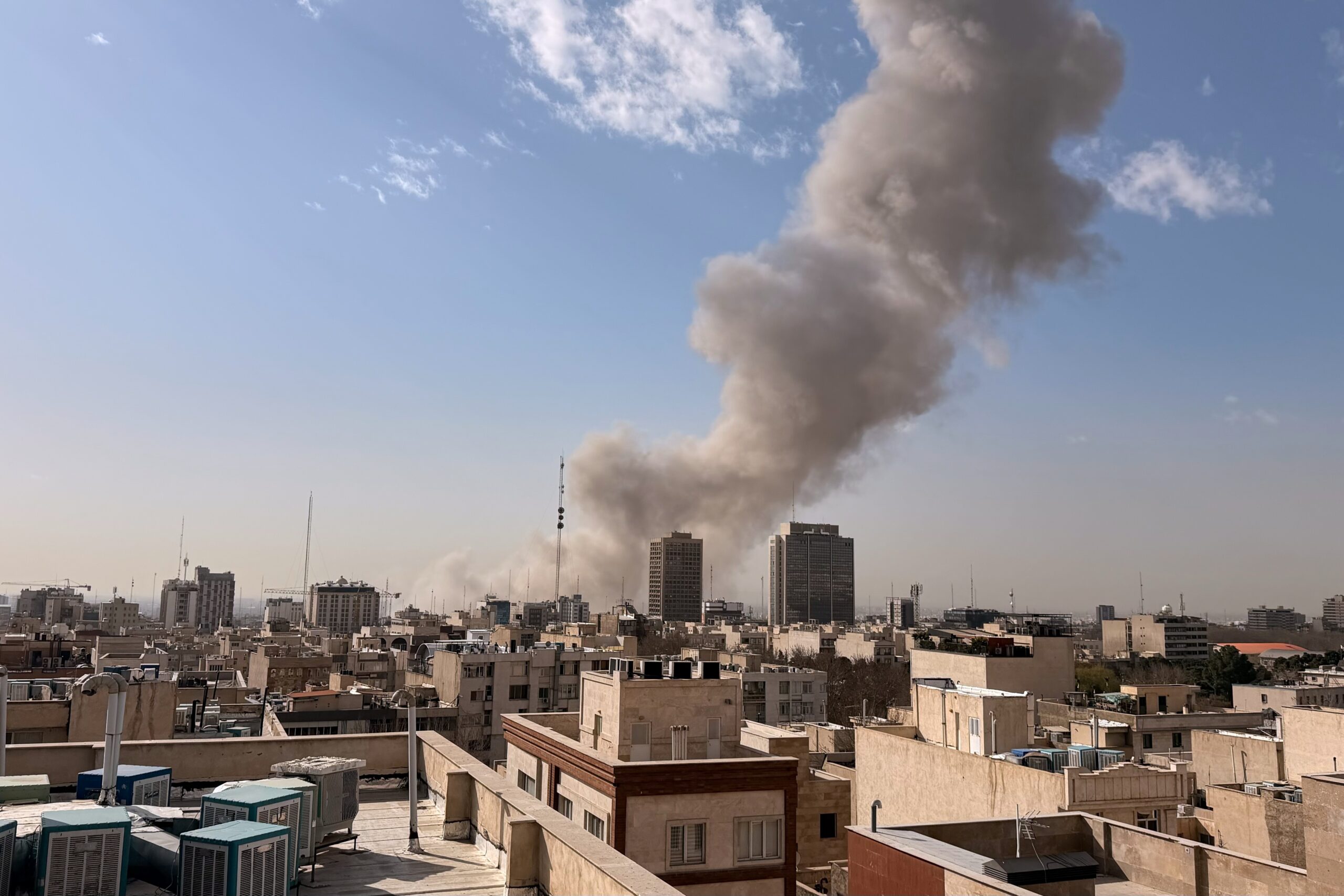Aug 4, 2023
Lone Voice Breaks Radio Silence on Likely Impact of Potential Israeli-Saudi Normalization
The August 4 edition of the Iran Media Review highlights commentary on the strategic implications for Iran of the normalization of relations between Israel and Saudi Arabia.
Iran’s state-censored media has reported on the potential normalization of Israeli-Saudi relations but has hitherto abstained from commenting on the likely impact it would have on Iran. This is not particularly surprising since most Iranian outlets do not want to test the red lines of the censorship apparatus with open discussion of sensitive strategic issues. Saudi Arabia, which Iran has agreed to normalize relations with, constitutes one such sensitive subject. It is therefore an anomaly that pan-Shia Shafaqna News, in an interview with Mir-Qassem Momeni, a regional affairs expert, broke the radio silence on the subject. Shafaqna’s explicit criticism of Saudi Arabia may reflect the political leanings of its readership, and future commentary will show whether Shafaqna is a lone voice or the article was the beginning of an orchestrated campaign with the regime’s blessing.
- August 1: In an interview with Shafaqna, Momeni said:
- “The Europeans and the United States are supporting a project known as ‘the Israeli-Arab peace.’ Supported by the West, Israel desires to establish relations with the Arab world and use them against Iran.”
- “The Emirates, Bahrain, and others expanded their relations with Israel by engaging in deals, but Saudi Arabia is demanding the supreme concession. When Saudi Arabia says two states, one Palestinian and another Israeli, must be established, it is trying to calm public opinion domestically and in the Arab world. Today, Israel and Saudi Arabia have relations, exchanges, coordination, and meetings, but Saudi Arabia demands concessions in return for publicizing these relations. For example, Saudi Arabia has demanded access to peaceful nuclear technology. Israel is considering this project, and it is possible that” Israeli Prime Minister Benjamin “Netanyahu will accept this proposal. However, Israel will not accept this condition of Saudi Arabia’s unless Europe and the United States consent to it.”
- Turning to the impact of a potential agreement between Israel and Saudi Arabia to normalize relations, Momeni said: “Whether we like it or not, Iran has historical and border issues with some Arab states. We have conflicts regarding security issues. There are also ideological conflicts … Should Saudi Arabia and Israel normalize relations, the unity of the Arab world with Israel will be a source of concern for Iran. Israel’s path will be paved to the Persian Gulf, where it will have a permanent presence and constitute a serious threat against Iran. Today, Israel has a presence in the Republic of Azerbaijan, Turkey, and Turkmenistan.”
- Commenting on Saudi Arabia’s potential nuclear ambitions, Momeni said: “Saudi Arabia is well aware that oil will end at some point and is already building a high-tech city,” a reference to the Neom megaproject, “but the circumstances may change in the future, and this country may move toward producing nuclear weapons. We shall see in the future whether Saudi Arabia is willing to pay the cost of producing nuclear weapons.”
- Asked why Saudi Arabia reached an agreement in March with Iran to restore diplomatic relations, Momeni argued: “Saudi Arabia fears a war between Iran and Israel and senses it may be targeted by Iranian missiles in any war. Therefore, for the sake of its security, it reached an agreement and said, ‘I have no beef with you, and you let me be!’ In my opinion, Saudi Arabia’s relations with Israel are much closer than its relations with Iran. Saudi Arabia’s relations with Iran are based on expediency, but its relations with Israel are based on shared interests.”
The views represented herein are the author's or speaker's own and do not necessarily reflect the views of AGSI, its staff, or its board of directors.

















